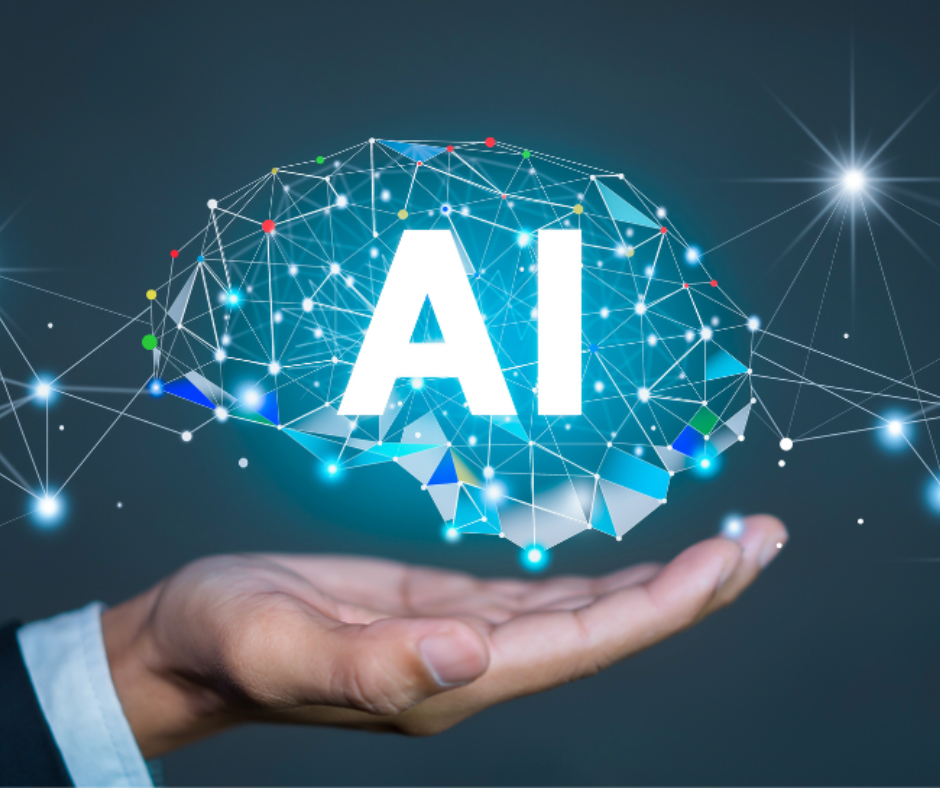As artificial intelligence (AI) technology continues to advance, businesses are exploring innovative solutions to streamline operations and enhance productivity. ChatGPT, an AI-powered language model, has gained popularity as a communication and information retrieval tool. However, its implementation in the workplace brings forth several legal concerns that employers and employees must address to ensure compliance and mitigate potential risks. This article will explore these legal concerns and discuss how a law firm can assist in risk assessment and compliance measures.
Legal Concerns with ChatGPT in the Workplace
Employers and employees must be aware of several legal concerns associated with ChatGPT. By understanding these concerns, businesses can take proactive measures to mitigate potential risks. Here are some key legal concerns:
- Data Privacy: ChatGPT requires data to function, and employers must ensure that personal information is protected and stored securely, adhering to data privacy regulations.
- Discrimination: ChatGPT’s responses may inadvertently contain discriminatory language if not appropriately trained or if the data it is trained on contains biases. Employers must program ChatGPT to avoid discriminatory language and regularly monitor and update its training data to minimize the risk of discrimination.
- Confidentiality: ChatGPT may process confidential information about employees or the company, and employers must ensure that it recognizes and protects such information. Access to sensitive data should be restricted to authorized personnel only.
- Liability: If ChatGPT provides inaccurate or incomplete advice or guidance, employers may be held liable for resulting damages. Regular monitoring and updating of ChatGPT’s training data, as well as providing appropriate disclaimers, can help mitigate potential liability.
- Employment Law Compliance: When ChatGPT is used for HR tasks such as recruiting or performance evaluations, it must comply with employment law requirements. Employers must ensure that ChatGPT does not discriminate against protected classes and does not violate labor laws.
Risk Assessment and Compliance Measures
A comprehensive risk assessment is crucial for employers when deploying ChatGPT in the workplace. Our law firm can guide employers through this process by identifying potential risks and developing compliance measures to minimize those risks. Some key areas we can assist with include:
- Data Privacy: Protecting employees’ personal information is paramount. We can review and update data privacy policies to ensure that any data collected by ChatGPT is stored securely and in compliance with applicable data privacy regulations.
- HR Policies and Employment Contracts: We can help employers update their HR policies and employment contracts to address the use of ChatGPT in the workplace. Clear guidelines on its usage, data handling, and employee responsibilities can be incorporated to mitigate potential legal risks.
- Training Programs: Employees should be trained on how to use ChatGPT responsibly and within legal boundaries. Our law firm can develop training programs that educate employees on the ethical and compliant use of ChatGPT to minimize legal risks.
In concluding, implementing ChatGPT in the workplace offers tremendous potential for streamlining communication and enhancing productivity. However, it is crucial for employers and employees to understand and address the legal concerns associated with its use. By partnering with our law firm, employers can navigate the legal landscape, assess risks, and develop compliance measures to ensure that ChatGPT is deployed ethically, responsibly, and in compliance with applicable laws and regulations. Together, we can harness the benefits of ChatGPT while safeguarding the rights and interests of all stakeholders involved.











